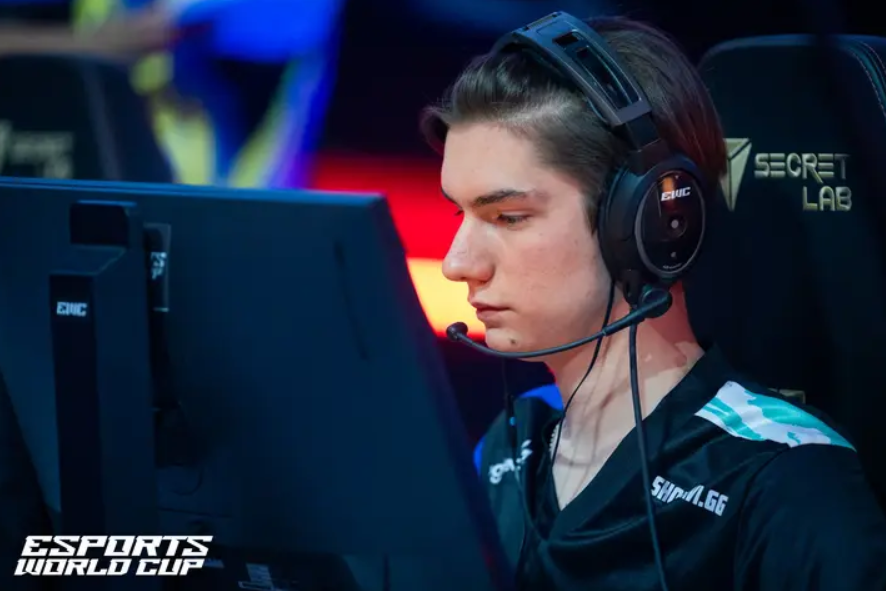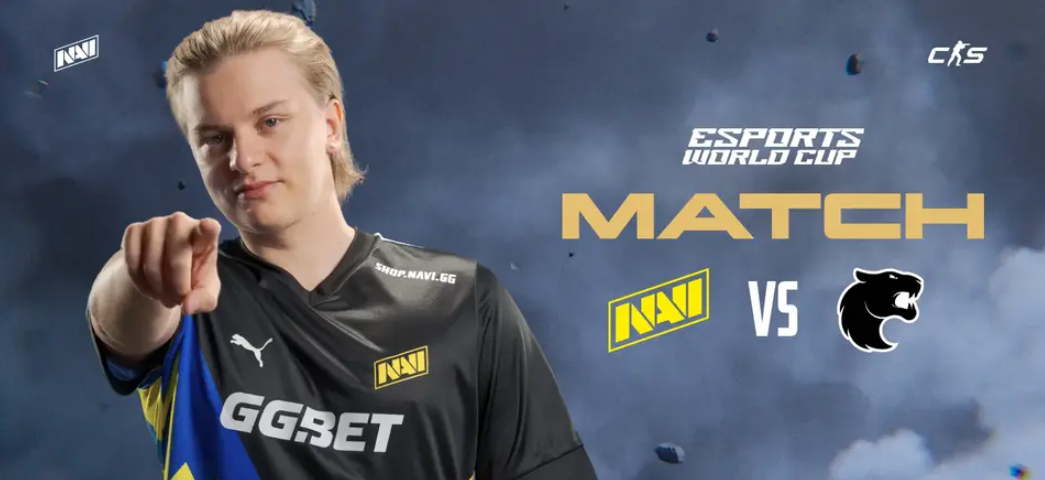Valve stops illegal obtaining of skins in CS2: Accounts worth $300,000 are blocked

Valve’s recent actions have demonstrated a firm stance against the creation of CS2 skins, marking a crucial turning point in the ongoing battle against gambling-related abuses within the Counter-Strike community. These measures reflect a heightened commitment to combat the illicit activities associated with skin farming and their connection to the world of online gambling.
Insiders have hinted at an upcoming event of great magnitude, as Valve plans to enforce bans on numerous high-value accounts implicated in the creation of skins for roulette and gambling websites. This resolute step has resulted in the blocking of CS2 skins with an estimated value close to $300,000. Notably, the accounts affected by these actions served as key suppliers to the notorious gambling platforms that have been the subject of much controversy. Valve’s proactive approach signifies a clear message: they are determined to safeguard the integrity of the Counter-Strike community and protect players from exploitative practices. By targeting the underlying mechanisms used by skin farmers and gambling platforms, Valve aims to create a more secure and fair environment for all enthusiasts of the popular game.
Valve Cracks Down on CS2 Skin Farming: Blocking High-Value Accounts and Combatting Gambling Abuses in Counter-Strike
Insiders in the gaming industry have been dropping hints about an upcoming event of significant magnitude: Valve, the developer of the popular game CS2 (Counter-Strike 2), is reportedly preparing to take a strong stance against the proliferation of high-value accounts involved in the creation of skins for roulette and gambling websites. This move by Valve is expected to have far-reaching implications and mark a crucial turning point in the ongoing battle against gambling-related abuses within the Counter-Strike community. As part of this resolute step, Valve has initiated a comprehensive crackdown, resulting in the banning of a substantial number of accounts associated with the creation of skins. The targeted accounts are believed to have served as major suppliers for notorious gambling platforms, which have been at the center of numerous controversies over the years. This decisive action by Valve has led to the blocking of CS2 skins collectively valued at nearly $300,000. In particular, accounts that had stockpiled skins with a total value exceeding $250,000 have faced severe consequences. These accounts were known for their involvement in supplying skins to CSGORoll, a fraudulent website notorious for its illicit activities. The recent severing of ties between G2 Esports, a prominent esports organization, and CSGORoll further underscores the growing concerns surrounding gambling sites and their connections to the world of competitive gaming.
The gravity of the situation is reflected in the official Twitter account of CSGORoll, which underwent a dramatic transformation, with its handle being changed to “CSGORoll is a scam.” This move serves as an emphatic statement highlighting the seriousness of the issue at hand and the need for decisive action. Many within the gaming community view Valve’s initiative as a long-overdue attempt to restore integrity to the CS2 ecosystem and mitigate the detrimental influence of gambling sites on the overall gaming experience. These measures not only aim to protect players from exploitation but also send a clear message to organizations that seek to exploit in-game items, including skins, for illicit purposes. The attention surrounding this development extends beyond the gaming community, as the esports industry closely monitors how Valve and other game developers address the challenges posed by gambling-related activities and skin trading within their respective communities. The actions taken by Valve in response to these issues could potentially set new precedents and shape future strategies in combatting gambling abuses and maintaining a fair and secure gaming environment. As the situation continues to unfold, it remains imperative for stakeholders to work collaboratively towards finding sustainable solutions that strike a balance between preserving the excitement and competitiveness of gaming while safeguarding the well-being and interests of players. The battle against gambling abuses in the gaming industry is ongoing, and the actions taken by companies like Valve serve as important milestones in shaping the future landscape of gaming and esports.


